After over 20 hours of being squished into a seat going from Xi'An to Zhuzhou, I finally came back to my apartment. I thought I'd have more time to ask questions and get work done before class on Monday but before I knew it, I'd passed out at around 4 or 5PM and woke up thinking it must be late since it was dark out and kind of quiet. My tablet said it was 6AM the next day. Whoops. I've got my gas started up again and Zhuzhou was dry for a while but now it's good and wet again. I've been lazy, kept some frozen buns and dumplings in the freezer to make sure I had something to eat whenever I got back so I've been making that for my meals. I also decided to message my liaison to see if I had class tomorrow. The answer is yes, 4 of them, and do you have the textbook? So I need to make a lesson plan and figure out what 4 classes I'm going to tomorrow. Ugh. I need another day to recover from that train ride. I don't quite understand why people go up and down the cars trying to sell stuff to people who paid for the cheapest tickets. In one memorable demonstration, a man in a railway workers uniform looped a belt around the luggage rack and stood on the little table in front of me while tugging and leaning back to prove how strong the belt was. The hard seat slow train experience is frequently not recommended for long trips, but I've done it about 4 times by now anyway, passing the time with people laughing at you or shouting "kan bu dong!" as you fill out 20 pages in your notebook, read a book, or try to talk to the people you will be close to for hours. On the bright side, this seems to get easier every time. Time seemed to fly by, but I was also better prepared than previous times.
Now that I'm back and in a better position to reflect on the past month, I decided to write about Beijing. Actually, part of why I've never been is because I was always kind of worried I'd just feel lost in a big city. I knew the Forbidden City was there, I knew the Great Wall was up there...but for some reason, it just never appealed as much as some of the other parts of China. It was a pleasant surprise to find that it wasn't as horribly overwhelming as I assumed it would be. It helped that I spent 5 days out there with a list of major things to do and remembered that when I went to London, I had to break things down by picking a neighborhood or a monument to explore from each day. I was surprised when some people told me 5 days was a lot. A man from Bordeaux told me he came for a weekend to see the Great Wall and the Forbidden City, then came back because the Forbidden City was closed. I guess for some, that's essentially Beijing.
Being in a part of China that receives more travelers from abroad was in some ways, pleasant and in other ways a little frustrating. More people spoke English and switched when I struggled (though they would ask questions or mention in passing that I looked Asian and the most tactful tended to say "But your hair is black"). I was a little less of a mystery. At times, people would hear me speak English and ask me to translate as when I went to an hour-long opera show that was clearly made to introduce people to the different roles in traditional opera rather than run through an entire show. At the venue, you paid different prices for a ticket which determined the kind of seat you got. When you went inside to sit, someone would look at your ticket and how much you paid and direct you to a seat where you could enjoy a pot of tea and some snacks. I paid the cheapest (180 RMB) and was directed towards a seat in the back where I watched as others came in and tea was brought out. One woman kept moving around after one of the staff showed her to her seat and saying "I want to be here...no...maybe here...no..."and the other woman working there followed her and spoke in Chinese, telling her that she couldn't just sit anywhere. They came towards me as I was reading, and the woman who kept moving around asked if I was alone, if she could sit, here, here, or here, and because I was speaking in English the other woman who had repeatedly told her what seats she could and could not sit in simply pointed and said "Ni shuo yingyu" ("You, speak Chinese"). To be honest, I repeated what the woman selling tickets had told me, watched her body language, and the only words I knew for sure were "280 yuan" and "180 yuan". I felt terrible because I know a real interpreter would be careful to fully translate but I wasn't a real interpreter and it seemed simpler than watching them run all over the theater. She finally sat down next to me and I got to hear about her travel plans for two weeks. It was fun to talk to her at first, then tiring as I listened to her itinerary and her thoughts on what I was and wasn't doing ("You're not going to do kung fu? You're not going to do taichi? You're not going...?"). She was going to see and do everything, and I had to admire that and it made sense for someone who only had two weeks. I shamelessly bought an Irish coffee at a Beijing opera venue because I'd been standing out in the cold beforehand and didn't enjoy such things in Zhuzhou. At the end of the performance, I left and she was still busily going over her map plotting out how to cover as much ground as possible in Beijing.
Anyway, when people weren't looking to me for translation or to tell me it's a pity I couldn't speak Chinese I found I really liked Beijing. (I've been trying to remember if I ever pulled aside a white American while I was in Europe and told him his parents should have taught him Gaelic/French/Spanish/German/Romansh/etc. It's possible I have?) I stayed around Xinjiekou in a hostel down a hutong and it was fascinating to see the different buildings as I went around the city. But I also couldn't help wondering what it's like to live in one, what plumbing and electricity must be like. I remember how in Italy, people would sometimes talk about wanting to remodel or do something to their homes and all plans would be stalled or completely canceled upon discovering some ruins or medieval structure or something. China has a lot of history, but that story isn't quite so common as buildings go down and come up quite often. I can't help thinking of Okakura Kazuko's The Book of Tea when he talks about impermanence and wooden buildings and one particular building that must be rebuilt every twenty years. After 4 years in Europe and being asked to "read" monuments and spaces, China has kind of challenged me because it doesn't always fit so neatly into what I learned after going through so many museums, past so many fountains, restored churches, and murals. At times, it's more the idea than the actual building. When I went to the Mutianyu section of the Great Wall, I knew it had a lot of restoration work (the toboggan ride didn't strike me as a Ming dynasty), but I knew there was a wall there with a history and a purpose. It'd be cool to go out to other sections or "wild wall" where restoration work hasn't been carried out. I finished all of Peter Hessler's books during my travels and couldn't help thinking of "Country Driving" as I wandered around. There weren't many tourists, and it was icy which was beautiful but a little dangerous at times as patches in shadow wouldn't melt away.
I found myself surrounded by an interesting group as I went up with people from America, Brazil, and Amsterdam. I listened to a father and son speak to each other in Dutch and Mandarin and thought of all the times I accidentally stumbled into a Chinese community in Europe and the silent exchange that would go on, the studying of faces, the unasked questions, the careful dialogue in Spanish or Italian, the recognition, and confusion that took place. On my way down, I spoke with a woman who had been doing graduate work on education and gender and teaching in Foshan. We traded WeChat/Weixin info and tried to meet at the Summer Palace the next day but we entered from different sides and wound up exploring alone but communicating off and on so that we finally met at the Fragrant Buddha Temple in the middle before she had to leave for a late night flight. The Summer Palace was beautiful, unlike most of what you will find written of Empress Dowager Cixi who in the 19th century used funds that were supposed to go towards the navy in order to restore the Summer Palace. Once on TV, they had a special thing about tofu and how Cixi supposedly liked the tofu for her stinky tofu to be really fresh and the host cracked some joke about "national stink". There is one boat on Kunming lake, but it doesn't seem terribly seaworthy and a lot of guides (such as Lonely Planet) make some comment on Cixi's one naval contribution.
Aside from the stops everyone makes in Beijing (the Forbidden City/Palace Museum, which is only more amazing when you realize how much is closed off to the public) I also enjoyed the Yonghegong Lama Temple and Nanluoguxiang, a great neighborhood for hutongs, souvenir shopping, and getting something to eat or drink. I went back twice for a "Hutong Pizza" and I wonder how many other women show up alone to eat a 10" pizza. The first time was no big deal, the second time, I got an appetizer and a pizza and the man kept coming back and asking if it was delicious, if I was OK, and if I was going to finish it. He should have seen me eat a duck after I skipped lunch and went to the Great Wall. I'm amazed no one said anything to me then, but I wonder what they were thinking.
Oh, and the food. Some people have told me they're glad the Cantonese came and influenced Chinese food in America but as I travel around China I've really come to enjoy all the things I never got much exposure to both in America and as someone with roots down south. Last year, it was crossing the bridge noodles in Yunnan and this time it seemed to be Beijing's "baodu", a tripe dish in broth which was perfect for walking out in the cold at night. I knew the prices would probably go up in Beijing and Shanghai as compared to Zhuzhou, but I was still surprised by the cost of food at times. I had a great time on Wangfujing food street where I enjoyed a hot bowl of baodu, some lamb skewers, and fried ice cream. Vendors would sometimes pick up on my accent and just switch into English. Occasionally, they mentioned that I looked kind of Asian or that I had black hair. There was something comforting in realizing that even though my foreignness didn't throw people off as badly as in some places I've been, people still had questions and I still had well-rehearsed answers. I didn't have any good answers for the man who sold me lamb and told me that the grilled scorpion was also very good. I admit, they looked very crispy but they were also over 20 RMB per skewer. There were lots of things on sticks I'd never seen grilled on sticks before down Wangfujing street, it was obviously a kind of novelty food place as well as a place for traditional foods so there were souvenir shops and lots of people but it was kind of fun. At one stall, a man would ask what you wanted and the other man would prepare it while singing your order which made a lot of people stop and laugh. When I realized this was at the other end of the street where they had a large foreign language bookstore, I was kind of in heaven. It'd been a long time since I had any access to so many print books in English, but I held off on buying any since I was traveling out of one backpack and would still be traveling for a while. You think hard about what you're willing to carry for weeks at a time when you live out of a single bag. It's also the reason I skipped out on a qipao in Shanghai, with the hopes of possibly getting something cheaper in Zhuzhou.
To make a long post short, Beijing seemed to have everything: all kinds of food, all kinds of architecture, books...but is it so surprising that it should have all that as the capital? Despite my initial thoughts about just feeling lost in some big city like the first time I went to Paris or London, it didn't seem to take me long to latch onto some places and find my way around them, especially as I got more familiar with the subway system. I love subway systems, especially after taking a good look at the intersection near my hostel and seeing the left turn lane all the way over on the far right lane. But really, it grew on me. There were a lot of times when I would go see a temple or something and just drop all my other plans to go for a walk and study all the buildings until I started feeling tired enough to want a coffee or something. Which is something of a prelude to how I spent my time in Vietnam, which is incredible for its coffee culture. When I had my fill of tripe, duck, and buildings, I made my way to the airport and met a woman catching a flight to San Jose. I wish my Chinese had been good enough to hold a conversation, but all I got was that her son worked in Silicon Valley and stupidly all I could really say was that there were a lot of Chinese people there (but it's true...). We wished each other well when we parted ways and I went to Hanoi thinking of home and how many times I'd known people on the other side of that story, people who had left home or people whose parents had left and the classmates I had who identified themselves in different ways. I couldn't help thinking too about how proud she must be to have a son who made it through the system here in China and found work in another country. Not because America is perfect, but for all the success it represents to have made it so far. I hope she had a happy new year.
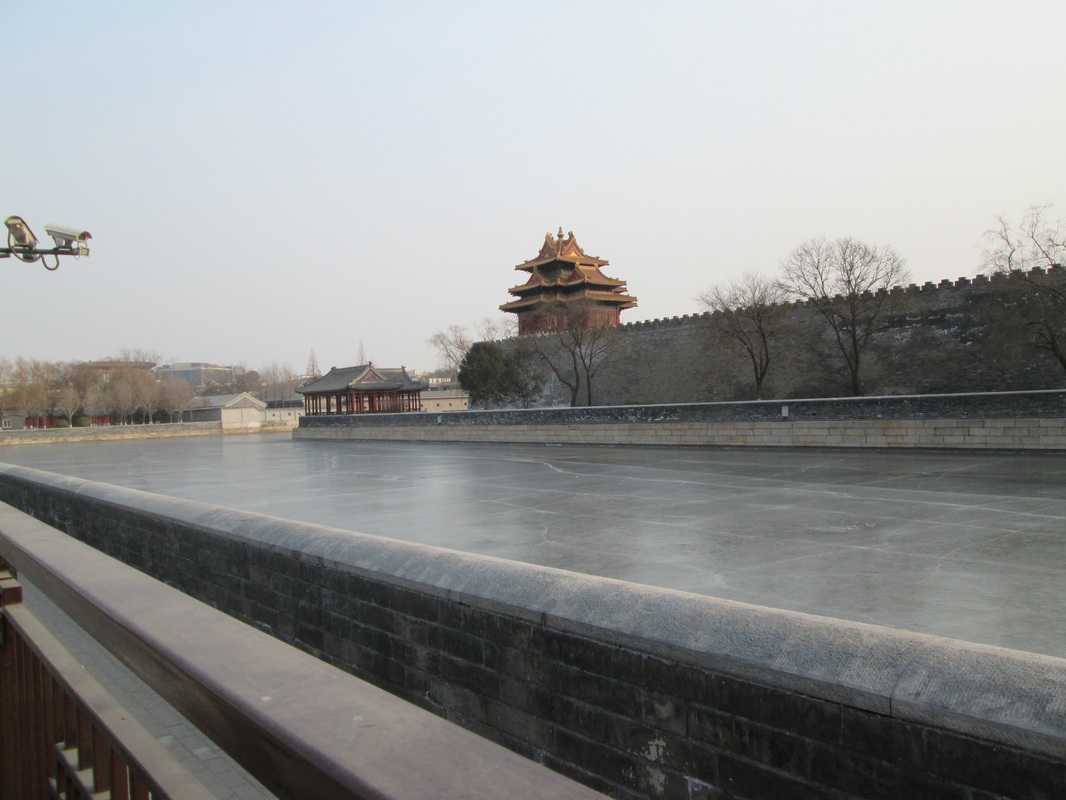
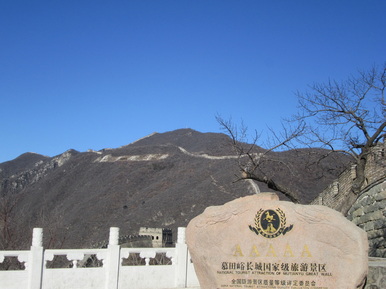
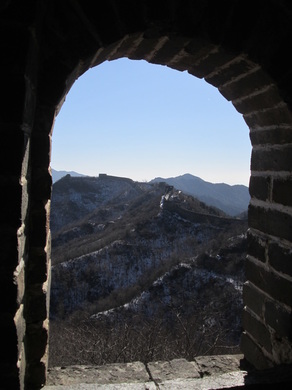
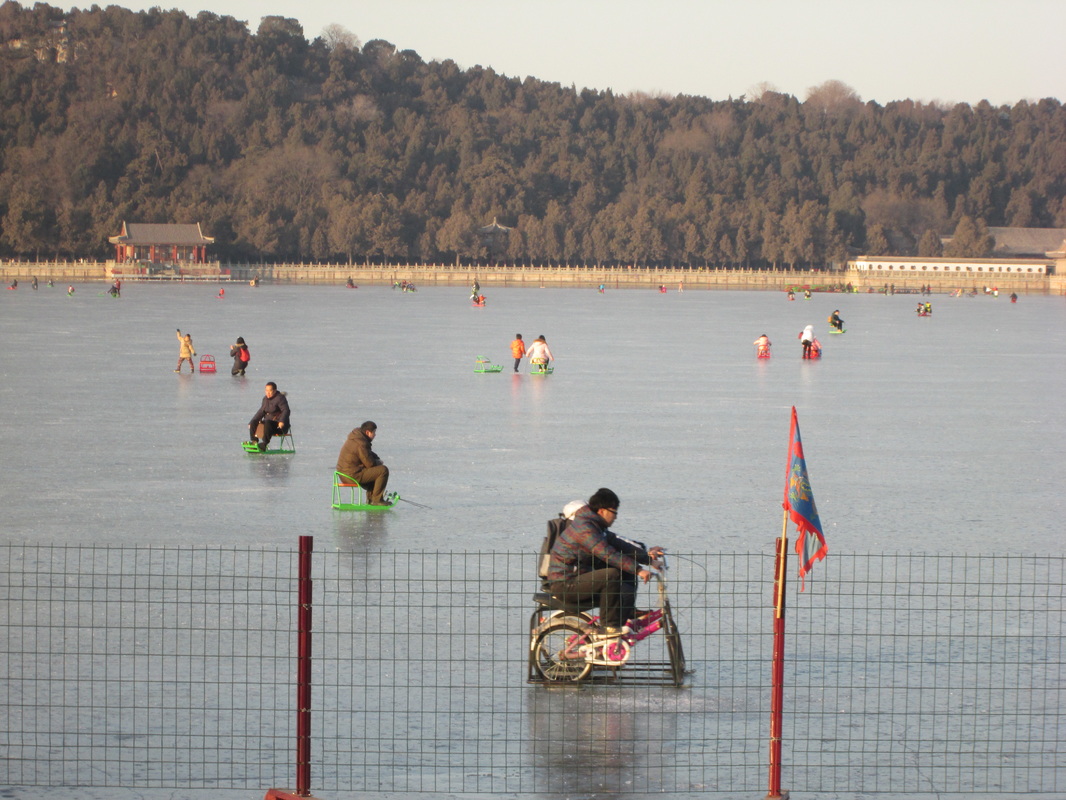
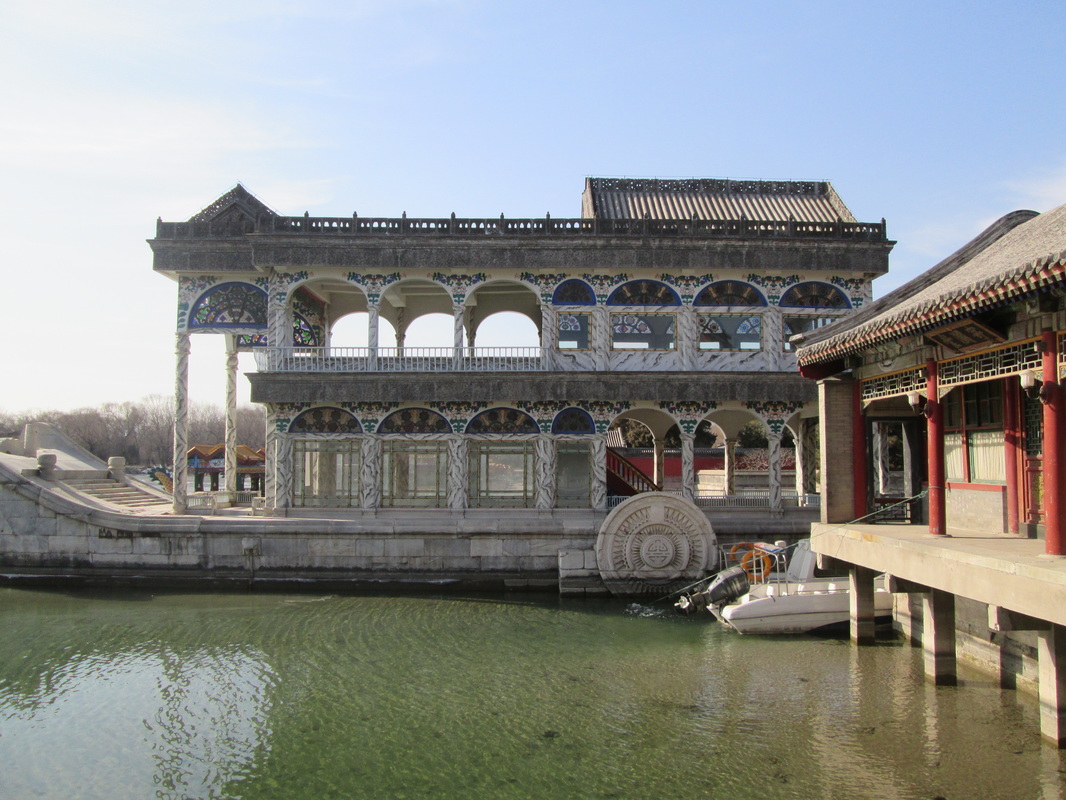
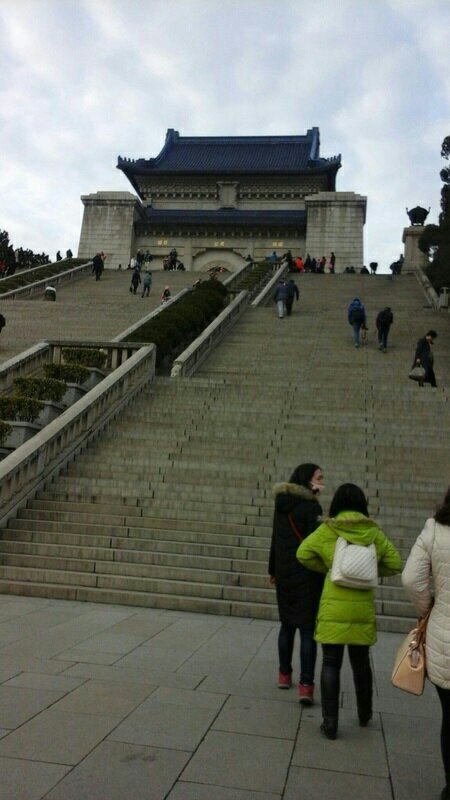
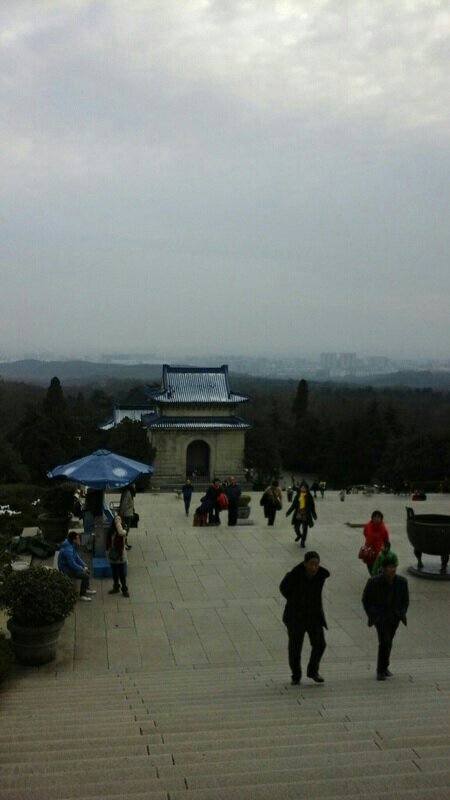
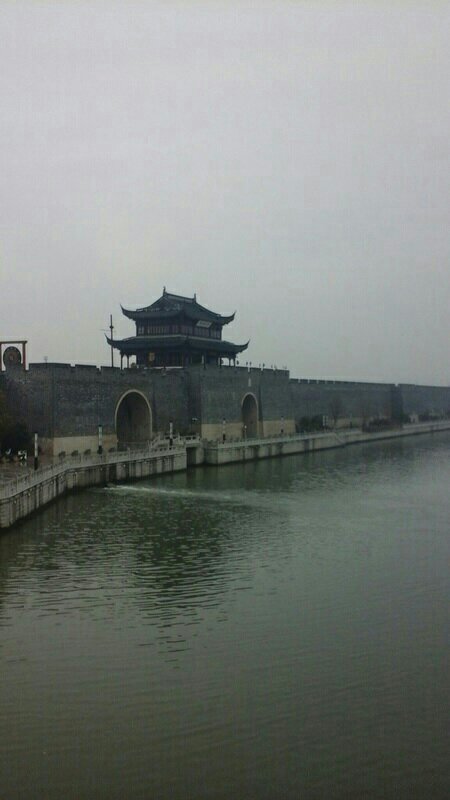
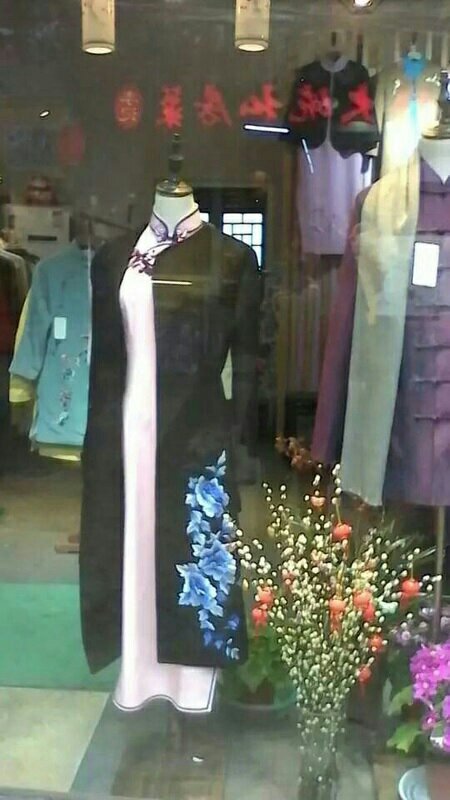
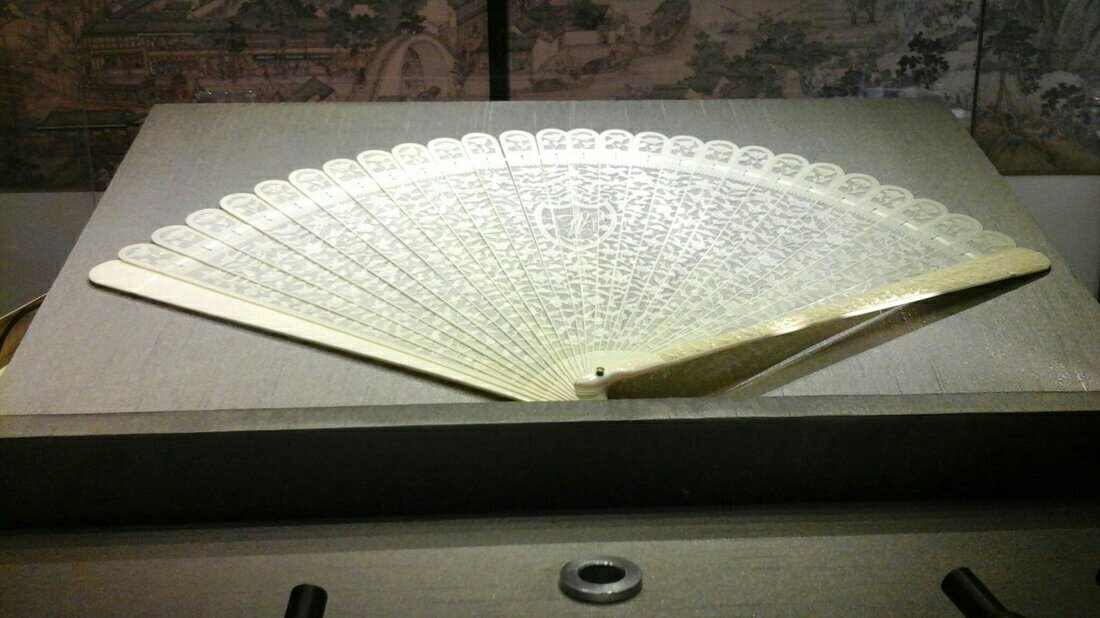
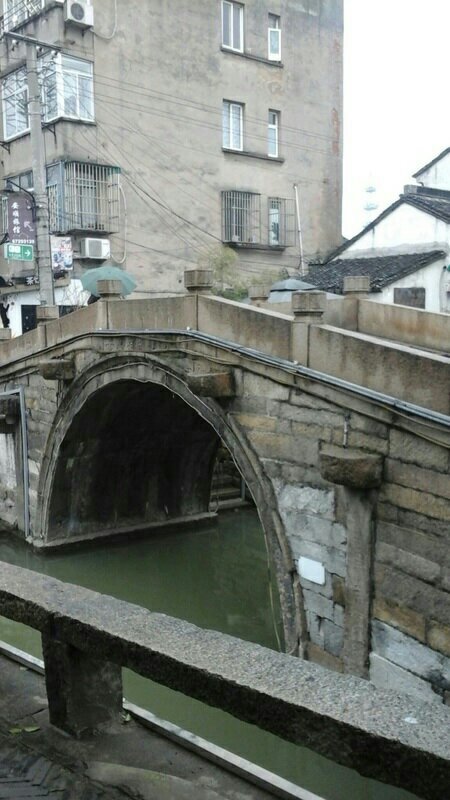
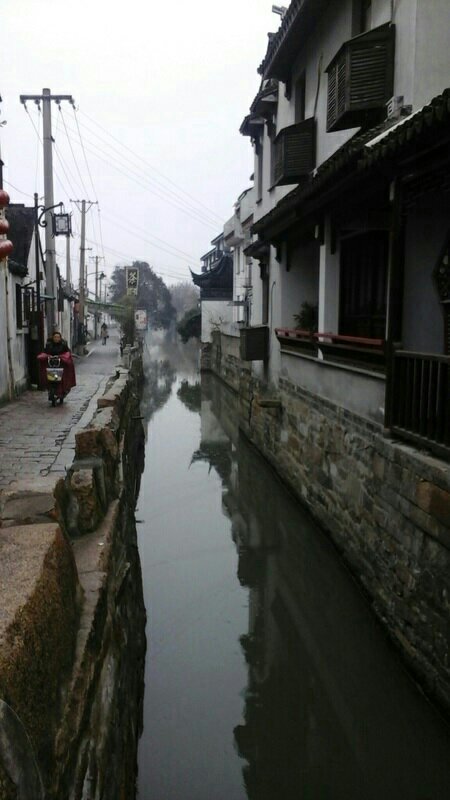
 RSS Feed
RSS Feed
